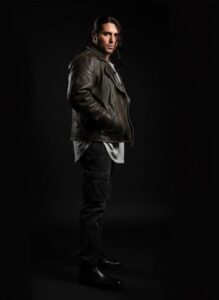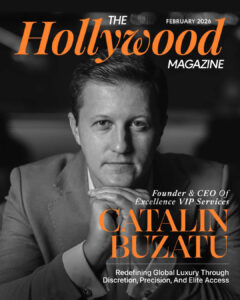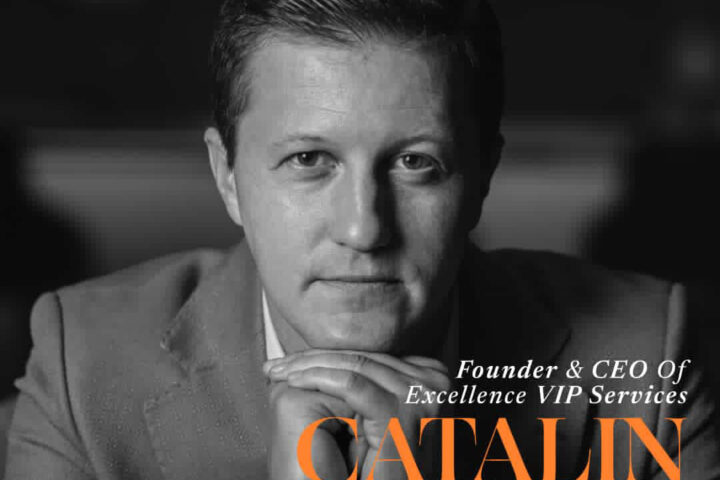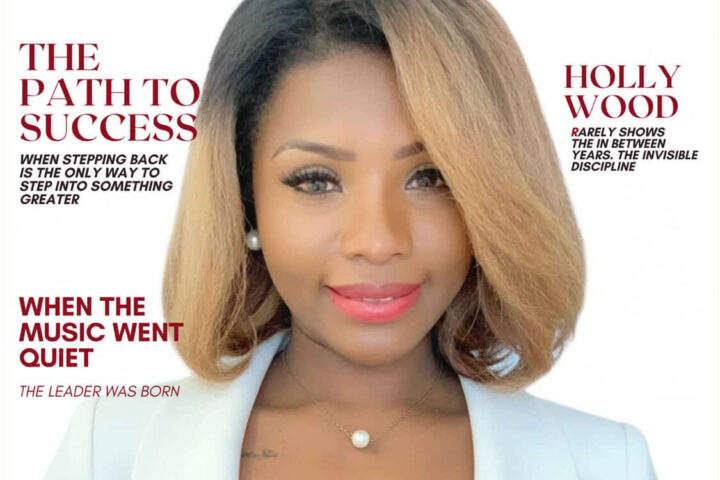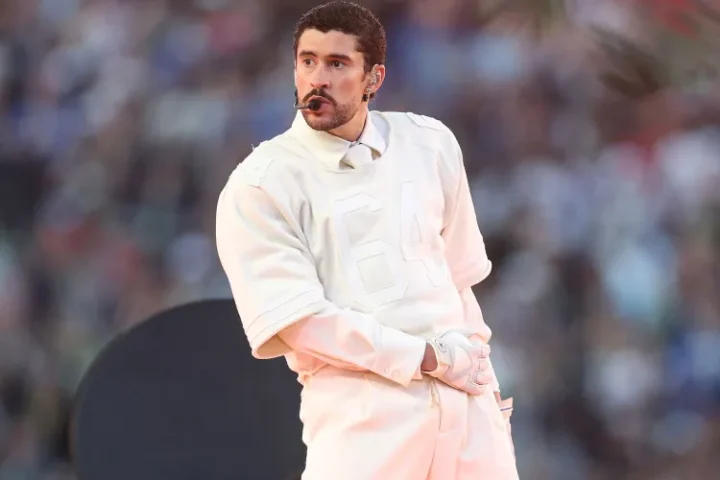Blake Lively’s Legal Battle Against Justin Baldoni: A Deep Dive into the Sexual Harassment Case
Legal expert discusses the potential paths for Blake Lively’s sexual harassment case, from mediation to a highly personal trial, and what’s at stake for both parties involved.

A legal expert breaks down the potential paths ahead for Blake Lively’s sexual harassment complaint, including mediation or trial, and the intense personal stakes involved.
Blake Lively’s recent sexual harassment complaint against her It Ends with Us co-star, Justin Baldoni, has sparked widespread attention. Legal expert Gregory Doll, a partner at Doll Amir & Eley in Los Angeles, suggests that Lively may be headed to trial if a resolution through mediation isn’t reached.
Lively, 37, has accused Baldoni, 40, of sexual harassment on the set of the film, which Baldoni also directed. In her complaint, she details allegations of unwanted advances, including kissing and watching her naked, and claims Baldoni led a retaliatory smear campaign to tarnish her reputation. Lively is suing Baldoni for damages, though the exact amount remains unspecified.
Baldoni’s lawyer, Bryan Freedman, has dismissed Lively’s claims, calling them “false, outrageous, and intentionally salacious” in an attempt to damage Baldoni’s public image. Freedman also accused Lively of causing disruptions during the filming, such as threatening not to show up to set or promote the film.
Lively, however, is determined to push forward. In a statement to The New York Times, she explained that she hopes her legal action will help expose retaliatory tactics used to silence those who speak out about misconduct, and protect others from similar experiences.

What’s Next for Lively’s Legal Fight?
As Lively’s lawsuit unfolds, the California Civil Rights Department has 60 days to decide whether to investigate her complaint. According to Doll, the department may attempt to mediate a solution with Baldoni and Wayfarer Studios before deciding whether to move forward with the lawsuit. If mediation fails, Lively will be given a “right to sue letter,” which would allow her to take the case to court.
While many Hollywood legal cases end in settlements, Doll believes that this case has a strong potential to go to trial due to the intensely personal nature of the allegations. Legal discovery, which allows for the exchange of documents and communications, could uncover damaging evidence that would push Lively to expose Baldoni’s alleged actions in court.
However, Doll also suggests that mediation remains a strong possibility. “If Lively’s primary goal was to get her narrative out there and expose what he was doing, she’s already doing that,” he said. “She may not want to follow through with the years of litigation that could follow.”

The Personal Stakes of the Case
The highly personal nature of Lively’s allegations adds an additional layer of complexity to the case. As more details emerge, the public and legal observers alike will continue to track this high-profile legal battle, which has the potential to reshape the narrative surrounding Hollywood’s treatment of women.
In the coming weeks, the case’s trajectory will depend on whether mediation can provide an amicable resolution or whether Lively will choose to take this legal fight all the way to trial, potentially exposing a darker side of the film industry and the power dynamics at play.









